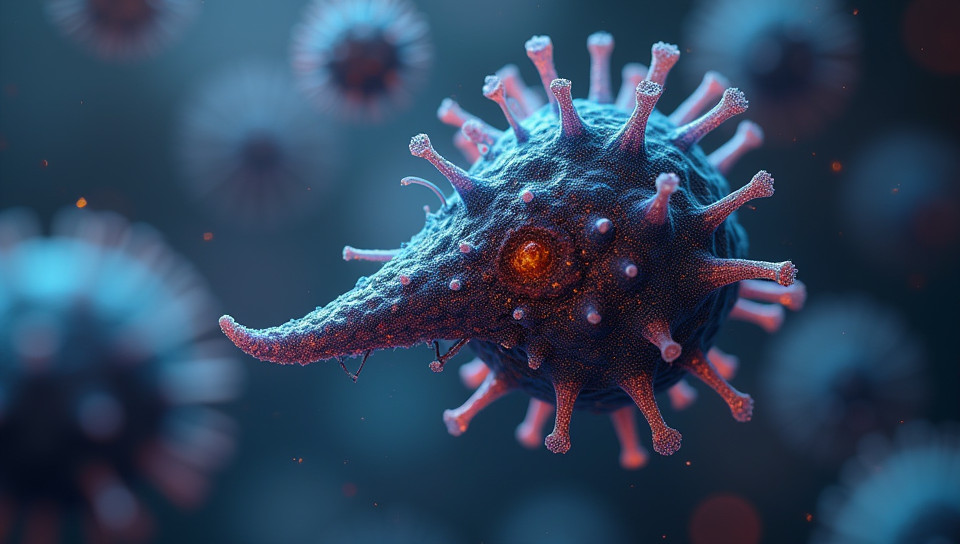Gene editing tools are crucial in biotech innovations 95%

Gene editing tools have revolutionized the biotechnology industry, enabling scientists to make precise changes to an organism's DNA. This technology has far-reaching implications for various fields, including medicine, agriculture, and conservation.
The Power of Gene Editing
Gene editing tools allow researchers to modify genes with unprecedented precision, opening up new avenues for innovation in biotech. By harnessing the power of CRISPR-Cas9 and other gene editing technologies, scientists can:
- Develop novel treatments for genetic diseases
- Create disease-resistant crops
- Engineer microorganisms for biofuel production
- Improve animal models for medical research
The Applications of Gene Editing
Gene editing tools have a wide range of applications in biotech. Some of the most significant areas where gene editing is making an impact include:
Disease Treatment
Gene editing can be used to develop novel treatments for genetic diseases by correcting faulty genes or replacing them with healthy ones.
Agriculture
Gene editing enables scientists to create disease-resistant crops, reducing crop losses and increasing food security.
Conservation
Gene editing can help conservation efforts by allowing scientists to introduce desirable traits into endangered species.
The Future of Gene Editing
As gene editing technology continues to evolve, we can expect to see even more innovative applications in biotech. Some potential areas for future development include:
- Using gene editing to create new bioproducts and materials
- Developing gene editing technologies that are safer and easier to use
- Exploring the use of gene editing for regenerative medicine
Conclusion
Gene editing tools have transformed the biotechnology industry, enabling scientists to make precise changes to an organism's DNA. As this technology continues to advance, we can expect to see even more innovative applications in fields such as medicine, agriculture, and conservation. With its vast potential for improving human health, increasing food security, and conserving endangered species, gene editing is a crucial tool in biotech innovations.
- Created by: Sōma Nishimura
- Created at: Dec. 21, 2024, 3 p.m.
- ID: 16968
